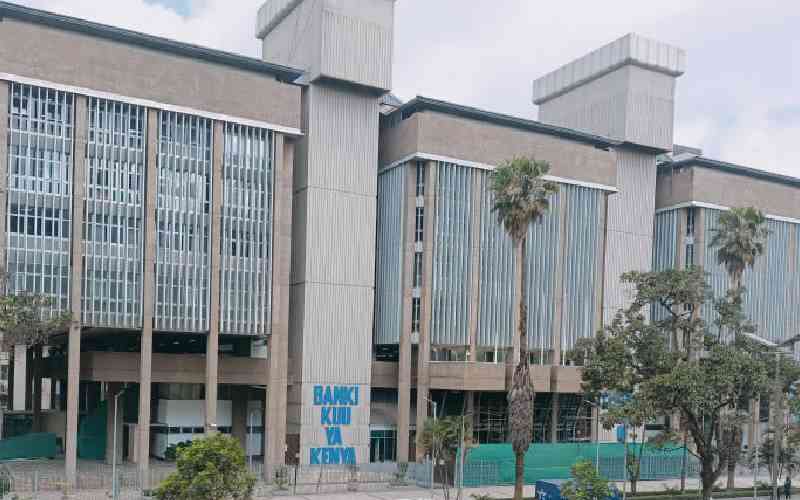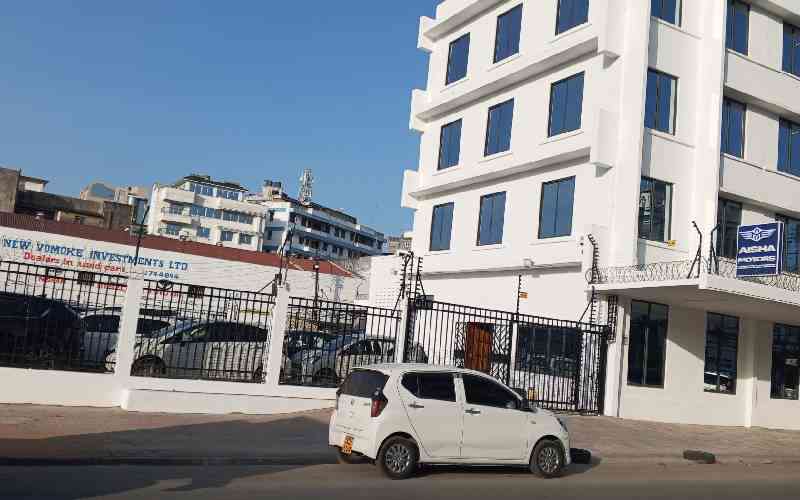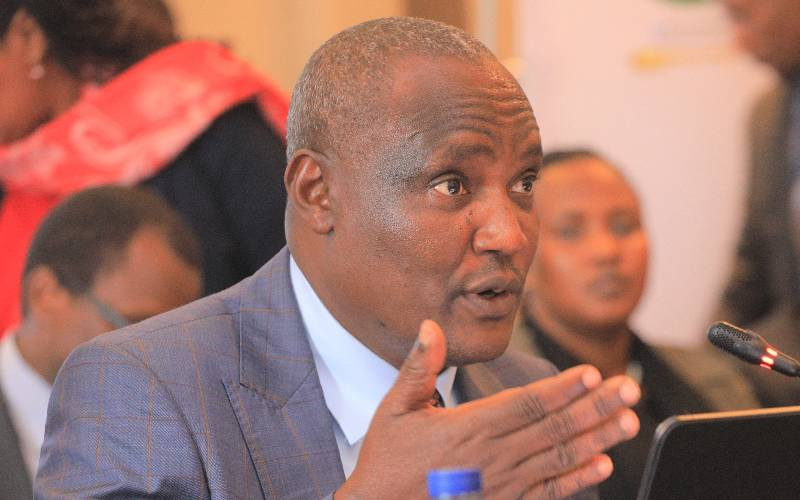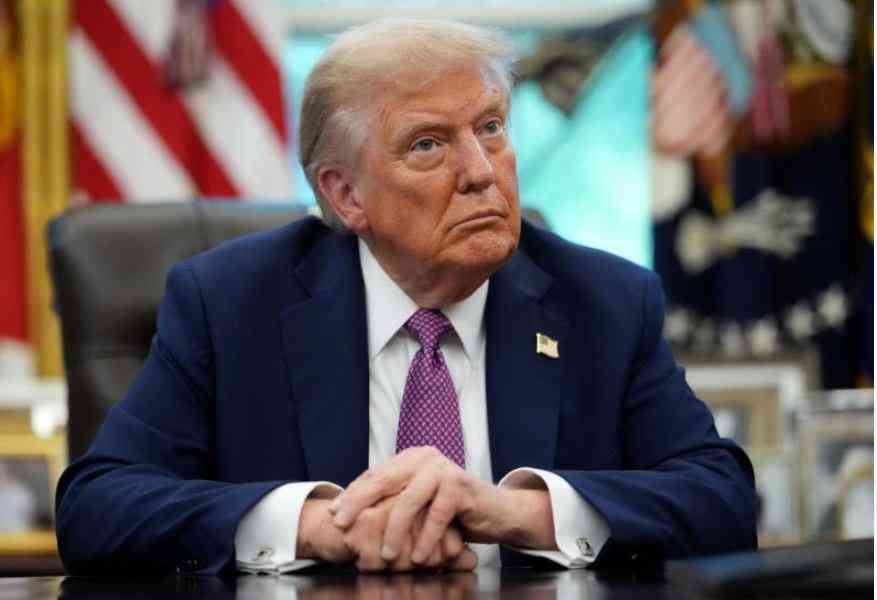×
The Standard e-Paper
Fearless, Trusted News

Mass starvation and death! Sounds like a typical African story, right? Believe it or not, this was China about six decades ago, in the period following the ascension of communist revolutionary Mao Zedong to power in 1949.
If the mid-50s, images of malnourished Chinese children feebly wading off filthy flies from their gorgy eye sockets amid the stench of death from hunger and years of conflict were to be replayed today, it could very well be mistaken for a troubled African country.







